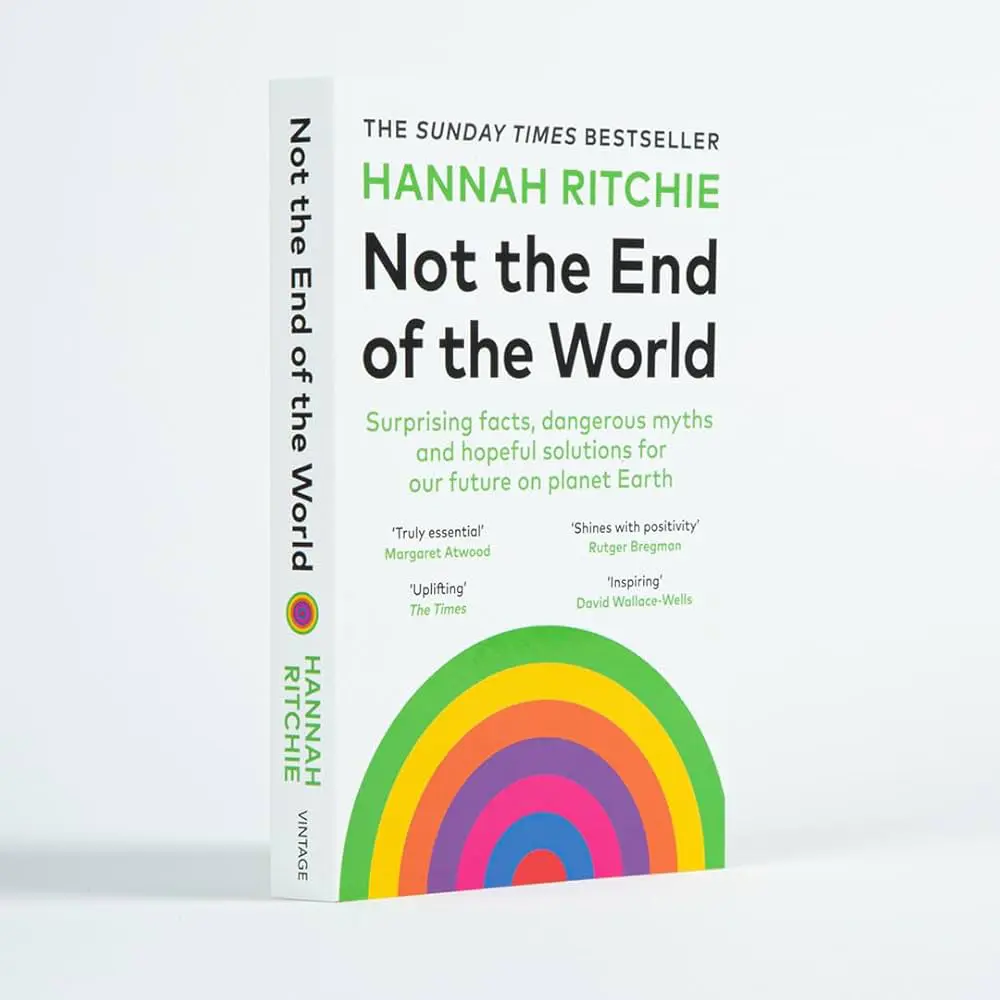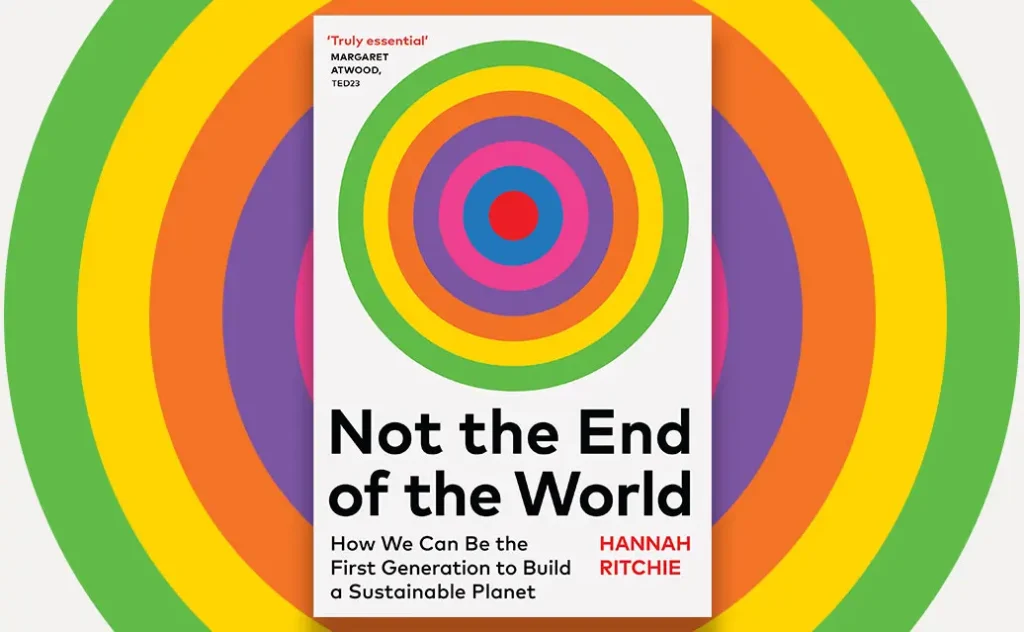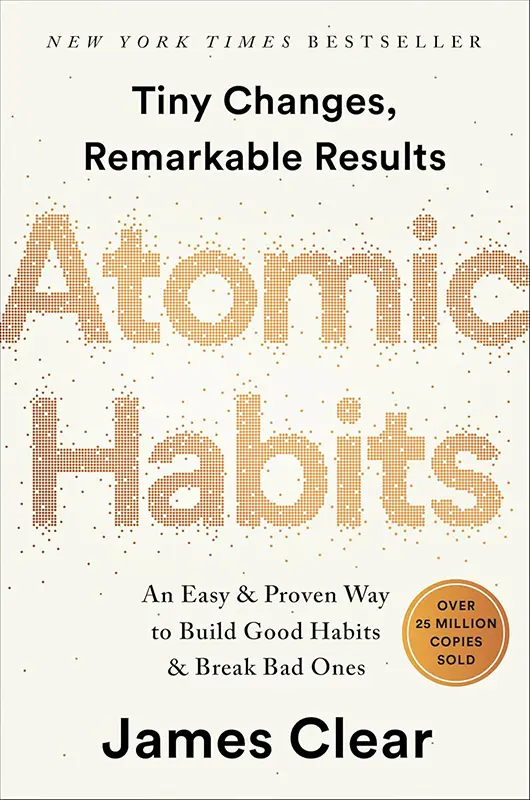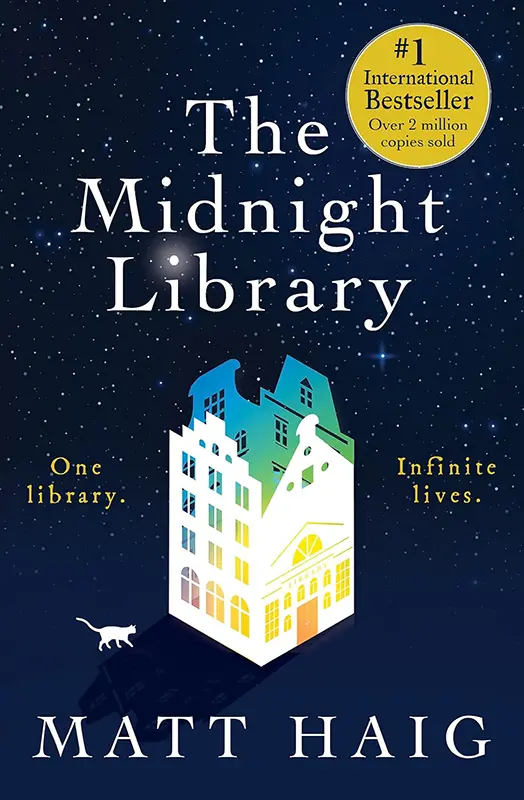Climate change and the environmental problems we face are very extensive and serious. But these problems have been created by us and this book shows that we are able to solve these problems. Building a sustainable civilization is a serious endeavor.
We now have generations that believe we are on the path to total environmental collapse and that the future of human civilization is bleak. But this book opens a window to light and creates hope for solving environmental problems.
In different chapters of the book “Not the end of the world”, Ritchie takes a methodical look at important environmental issues including sustainability, air pollution, climate change, deforestation, food, wildlife, ocean plastics and overfishing.
In each chapter, she says where we are today and things we shouldn’t worry about and tries to change our perspective on these problems. In many cases, the situation isn’t that dire (for example, the oceans won’t run out of fish until 2050) or, on the contrary, the belief that the Amazon forests produce a lot of oxygen is simply not true.
She says the goal is to find out what we already know or can know if we study the available information properly. In general, the main theme of the book is that we must take important steps to improve the environment.

The text of the book is hopeful and encouraging, and hope is achieved through actions, individual and collective actions through national and international policies. Incidentally, according to the World Cities 2020 report, the world is entering the Decade of Action, a period during which national and local governments, the private sector, and civil society must accelerate their efforts to realize the promises of the Sustainable Development Goals.
When urbanization is well planned and managed, it offers opportunities to address challenges and contribute to the environmental dimension through energy innovation, sustainable housing patterns, changes in human behavior and lifestyles, and environmentally related improvements in health and well-being and efficiency.
Therefore, increasing public awareness, good planning and management in cities can help reduce greenhouse gas emissions and adapt to climate change at the local scale. This book is informative and therefore must read not only by experts but by all those who are concerned about the future of this world.
Ritchie also addresses the popular issue of climate change denial and disaster mortality reduction. She emphasizes decreasing disaster deaths does not mean that disasters have become weaker or less frequent.
Deniers often misuse this data to downplay the existence or threat of climate change. She points to climate change-related floods and droughts that have killed millions, and praises improvements in infrastructure, monitoring and response systems that have resulted in fewer deaths now than in the past.
Final word about Not the end of the world
In the title of this review, there are two inspirational points from Ritchie’s book. First, the necessity of action and call to save the environment and second, filling the gap between the current generation and future generations through timely action.
The book “Not the End of the World: How We Can Be the First Generation to Build a Sustainable Planet” by Hannah Ritchie is one of the best environmental books of the last few years and is recommended reading by anyone who wants to take effective environmental action.
This book is especially recommended for those who are hopeless and have succumbed to the sense of futility about environmental issues, and also for people who are concerned about the environment but do not understand the importance of awareness and timely action.
About Hannah Ritchie
Hannah Ritchie is a Scottish data scientist, educated at the University of Edinburg, senior researcher in the Oxford Martin School and deputy editor of the Our World in Data. Her work focuses on sustainability in relation to climate change, energy, food and agriculture, biodiversity, air pollution, deforestation and public health.


